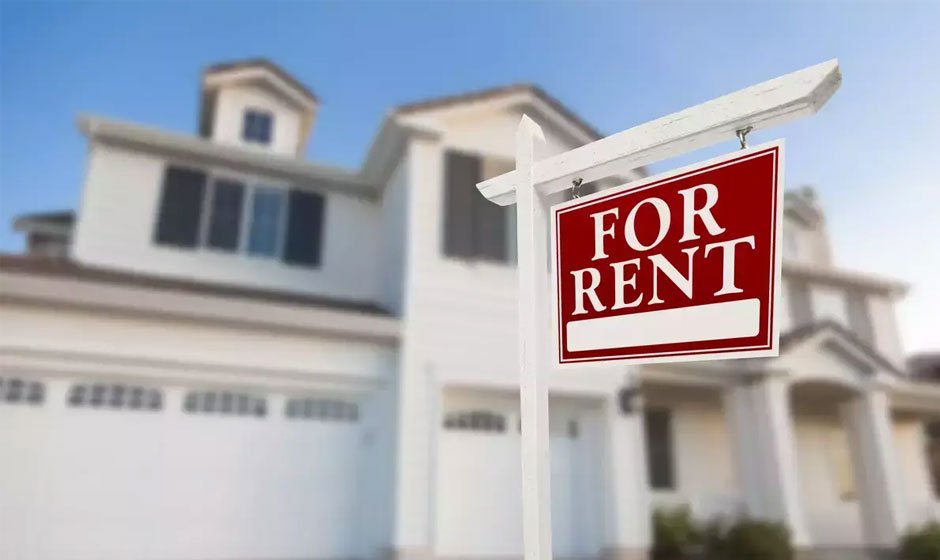Tips for Renting Out Your Property Successfully

Key Takeaways
- Understand the local rental market to set competitive prices.
- Screen potential tenants thoroughly.
- Make sure your property is in good condition to attract quality tenants.
- Know your legal responsibilities as a landlord.
- Think about hiring a property management company to ease the burden.
Know the Local Rental Market
One of the first steps to successfully renting out your property is understanding the local rental market. Researching the rental rates for comparable properties in your area will help you set a competitive price. Pricing too high might leave your property vacant for longer while setting the price too low could reduce your potential returns. Consulting a real estate investment firm can offer valuable insights and professional advice on pricing and market trends. Websites like ApartmentList offer additional data on current market trends and pricing strategies, enabling you to make informed decisions.
Screen Potential Tenants
Tenant screening is essential to ensuring timely rent payments and property maintenance. Conducting background checks helps you verify the tenant’s credit history, criminal background, and prior evictions. Verifying employment confirms their ability to pay the rent regularly. Contacting previous landlords for references can provide insights into their behavior as tenants, including their punctuality with rent payments and how they treated the property. A thorough screening process may seem like extra work, but it can save you from potential headaches down the road, such as dealing with non-payment or property damage issues. By investing time upfront, you can increase the likelihood of having responsible and reliable tenants.
Make Your Property Inviting
Making a good first impression is crucial to luring in tenants. A well-kept property will attract more possible tenants, so make sure it’s tidy, well-maintained, and presentable. A new paint job and a few small repairs can make a big difference in the property’s appearance. In addition, you might consider staging the home to showcase its best features. According to HomeLight, staged homes tend to rent out faster and for higher prices. Simple touches such as clean windows, a tidy garden, and a welcoming entrance can significantly impact a potential tenant’s decision. Small investments in making the property more inviting can lead to quicker rentals and potentially higher rental income.
Understand Your Legal Responsibilities
You have a lot of legal responsibilities to your renters as a landlord. This entails keeping the building in compliance with health and safety regulations, protecting tenant privacy, and making sure the property is secure and livable. You need to be aware of and comply with local landlord-tenant laws to avoid any legal issues. It’s important to keep detailed records of all transactions and communications with tenants, as this documentation can be invaluable if any disputes arise. Additionally, understanding and complying with local housing laws protects you from legal challenges and contributes to a positive landlord-tenant relationship. Regularly updating your knowledge of legal requirements helps you stay compliant and maintain a smooth rental operation.
Create a Detailed Lease Agreement
A clear and detailed lease agreement sets the stage for a smooth tenant-landlord relationship. This agreement should outline all terms, including the rent amount, payment due dates, maintenance responsibilities, and rules about property usage. This document will serve as a reference if any disputes arise. Before signing the lease, be sure that all parties are aware of and in agreement with its conditions. A well-drafted lease not only sets clear expectations but also provides legal protection for both the landlord and the tenant. By addressing potential issues and rules upfront, you can prevent misunderstandings and maintain a harmonious rental experience.
Essential Elements of a Lease Agreement
- Rent amount and payment terms: Clearly specify the amount and due dates to avoid confusion.
- Duration of the lease: State the lease term, whether it’s month-to-month or for a specified period.
- Maintenance and repair policies: Outline the responsibilities of the tenant and landlord regarding property upkeep.
- Rules regarding property usage: Include guidelines on property usage to prevent any misuse.
- Security deposit details: Clearly mention the deposit amount and conditions for its return.
Consider Hiring a Property Management Company
Hiring a property management company could be beneficial if you feel that managing a rental property is too much work. These companies handle tenant screening, rent collection, maintenance, and more, effectively taking over the day-to-day responsibilities of being a landlord. While this service comes at a cost, it can free up your time and provide peace of mind. Experienced property management companies can offer professional services that ensure your property is well-cared for and your tenants are satisfied. You can focus on other things, knowing that your investment is in good hands when you outsource these tasks.
Maintain Open Communication
Regular and open communication with your tenants can prevent many issues. It’s important to make sure they know how to reach you and that you address their concerns promptly. A good relationship with your tenants can secure long-term rentals and keep your property in good shape. Regular check-ins and being responsive to maintenance requests can foster a positive landlord-tenant relationship. Open lines of communication help establish trust and ensure small problems are addressed before they escalate into larger issues. Prioritizing effective communication contributes to a stable and satisfying rental experience for both parties.
Regular Maintenance and Inspections
Regular maintenance is crucial for keeping your property in great condition and retaining its value. Schedule periodic inspections to address any issues early. This proactive approach helps avoid costly repairs in the future and keeps your tenants happy. Addressing minor repairs promptly can prevent them from becoming major problems that disrupt the tenancy. Regular maintenance not only preserves the property’s value but also demonstrates to your tenants that you are a responsible and attentive landlord. A well-maintained property is more likely to attract and retain quality tenants, ensuring a stable rental income over time.



